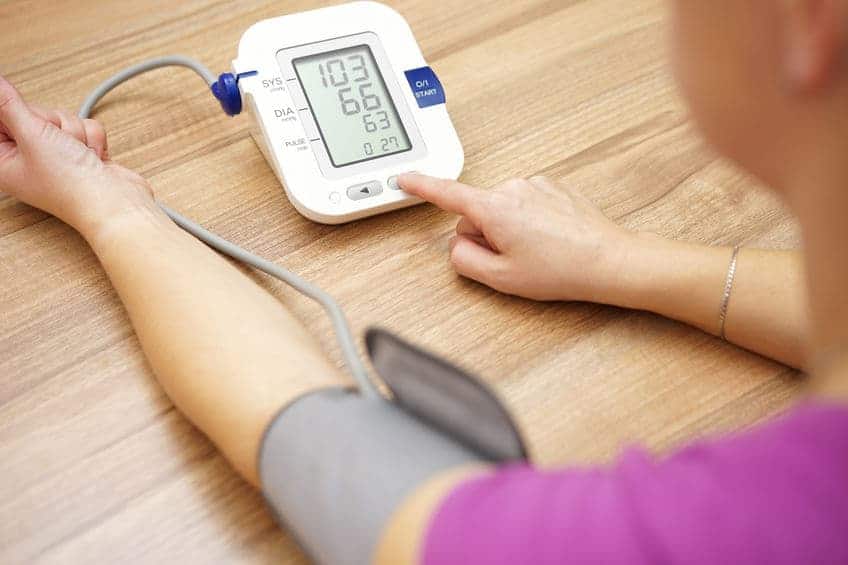The benefits of self-medication are undeniable, as it provides a seemingly quick and easy way to treat minor illnesses. This is especially helpful in a world where healthcare can be very expensive. However, it is very easy to unwittingly misdiagnose and mistreat yourself, potentially causing bigger health problems for yourself down the line. While the reason for the rise in self-treatment is understandable, it is a dangerous habit that can be immensely harmful.
In this article, we examine what self-treatment is exactly, the disadvantages of doing it, and how you can balance self-treatment with professional help.
In today’s fast-paced world and dwindling economy, self-treatment has become a preferred way of addressing health issues among many. Individuals who combine working with playing thrilling games in https://verdecasino.com/ca, for instance, may not readily find time to properly address health concerns. This often leads them to self-treat. The advancements in technology also make it easier for people to self:

Source: blundellsandssurgery.nhs.uk
Contents
What is Self Treatment?
Self-treatment is the act of administering treatment to yourself for physical or psychological symptoms without seeking professional assistance. By this definition, anything you administer as a non-medical professional to help with any symptom you have, even one as minor as a headache, is considered self-medication. While self-treatment might be effective and even advisable for treating minor ailments like headaches, colds, and allergies, it has its limitations and risks.
Of course, not all self-treatment is risky. Treatment using over-the-counter (OTC) medication and vitamin supplements is generally considered safe as long as they are used within the recommended dosage. However, prolonged use of OTC medications outside of a doctor’s supervision can have adverse effects too.
Advantages of Self Treatment
Self-treatment can go a long way in helping many, especially those without access to affordable healthcare. Firstly, it is convenient and accessible. Anyone with an internet connection can look up their symptoms and get recommendations on what to do to treat them. This accessibility is especially beneficial to people who have busy schedules or lack access to affordable healthcare.
Another main advantage of self-treatment is its cost-effectiveness. Although healthcare services in Canada are cheaper compared to other countries, seeking medical support can still cost a lot of money, especially without insurance. In conditions where symptoms are mild, it might be more pocket-friendly to treat yourself with the resources available to you. If symptoms worsen or change in presentation, however, you should always seek medical support immediately.
Other advantages of self-treatment include the following:
- It educates people about their health conditions and symptoms
- It empowers people to be proactive in managing their health
- It is faster than other options
- It is personalized and controlled by the individual

Source: crawfordmedical.co.nz
Potential Risks of Self Treatment
The reality of today’s world is that it is much easier and cheaper to self-treat than to seek help from medical professionals. However, constant self-treatment is a dangerous habit that can lead down a slippery slope of negative health effects. Some of the potential risks associated with self-treatment include:
- Misuse of medication: When you self-medicate, it is possible to use the wrong meds or use the right ones wrongly. This can lead to bad side effects, drug interactions, and worsening symptoms.
- Inaccurate information: Not every piece of information found online is accurate. When a person bases their self-treatment on online sources, they can get the wrong information which can give them a false sense of security. This is why it is important to consult a doctor if your symptoms are anything other than mild.
- Misinterpretation of symptoms: Different medical conditions can often present with similar symptoms. It is up to medical professionals to distinguish illnesses from one another, usually through differential testing. Attempting to interpret your symptoms without the skill and experience of a doctor can be risky. It can cause you to mistake a potentially serious condition for a milder one, resulting in the worsening of symptoms and delays in receiving appropriate medical attention.
Balancing Self Treatment With Professional Healthcare
The best approach when self-treating is to recognize its limitations and balance them with professional support. To do this, you have to understand when to stop self-treatment and seek professional medical support immediately. As a rule of thumb, only self-medicate for mild illnesses like headaches, colds, and minor injuries. If the symptoms of these mild illnesses persist, consult your doctor.
Get regular checkups as well to identify if there are underlying conditions you need to address. This will prevent you from accidentally exacerbating an underlying illness by self-medicating.
Seeking guidance from trained healthcare professionals is crucial for accurate diagnosis, appropriate treatment, and overall care. Professionals possess the knowledge, skills, and experience necessary to assess symptoms, identify underlying conditions, and recommend suitable interventions. They can provide expert insights, personalized treatment plans, and monitor progress to prevent potential complications. Moreover, professional medical advice helps individuals avoid self-diagnosis pitfalls, misleading information, and ineffective treatments. It empowers patients to make informed decisions about their health, enhances patient safety, and improves health outcomes. By valuing and relying on professional medical advice, individuals can effectively manage their health and promote a healthier future.

Source: viewpointdualrecovery.com
Encouraging Responsible Self-Care Practices
Encouraging responsible self-care practices is essential for promoting overall health and well-being. Responsible self-care involves taking an active role in maintaining and improving one’s health while considering safety, efficacy, and long-term benefits. It includes adopting healthy lifestyle habits, such as regular exercise, balanced nutrition, adequate sleep, and stress management. Responsible self-care also entails seeking professional medical advice when necessary, following prescribed treatment plans, and adhering to medication guidelines.
Additionally, it involves being mindful of one’s limitations, avoiding self-diagnosis pitfalls, and recognizing the importance of seeking timely medical intervention when symptoms persist or worsen. By promoting responsible self-care practices, individuals can enhance their quality of life, prevent health issues, and establish a foundation for long-term well-being.
Conclusion
Self-treatment is good for many reasons but should never be relied on as your sole source of healthcare. It should only be used for the treatment of mild ailments. In addition to self-treatment, going for regular checkups and seeking medical advice when necessary is crucial for maintaining a holistic approach to your physical and mental health.
